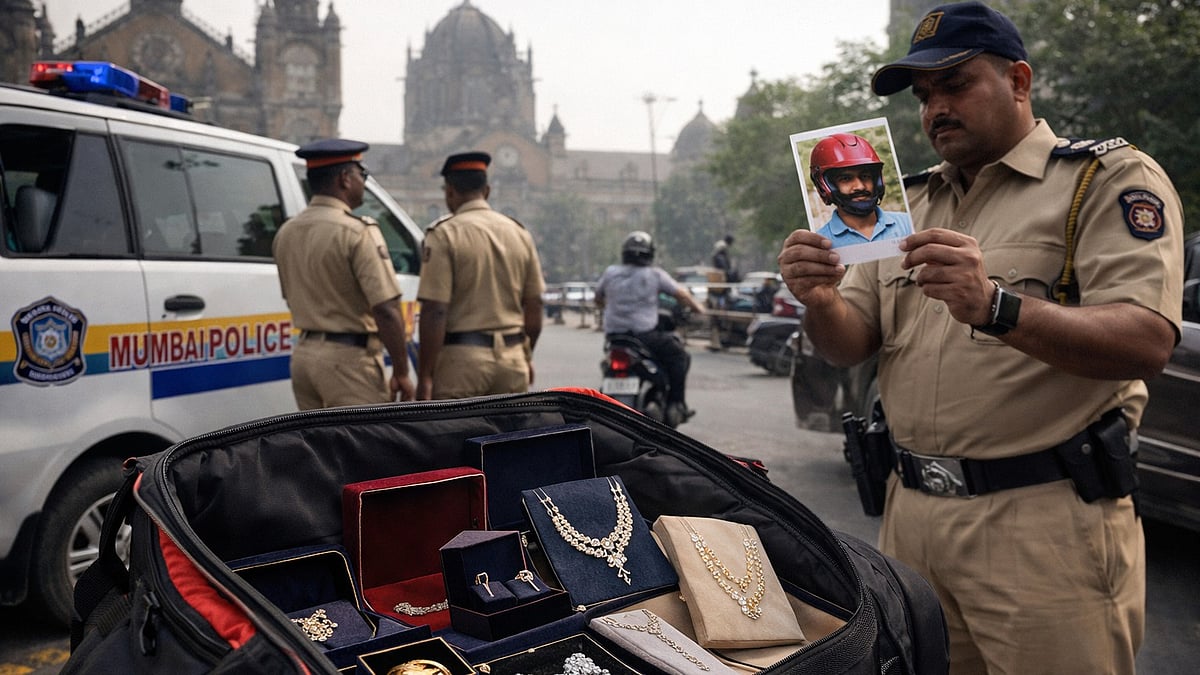The death of General Pervez Musharraf who was in exile in the United Arab Emirates has brought back memories of a turbulent period in India-Pakistan relations marked by a limited war, attempts at a diplomatic breakthrough and the discord that has underlined ties between the two countries since 1947. For someone who was born in Delhi four years before Partition, Musharraf had the familiar distrust of the neighbour. His role in masterminding the Kargil war of 1999 by sending Pakistani intruders into the icy heights across the Line of Control cannot be forgotten. He was then Army chief and hoped to capture as many posts as possible and use that as a bargaining chip in the Siachen conflict. The Pakistan Army also believed that the Kargil conflict would internationalise the Kashmir issue and lead to a speedy resolution in their favour. But Kargil proved to be a huge misadventure for Musharraf as India pushed back the Pakistani intruders and roundly defeated them after a three-month war. The general will be remembered for his denial of military casualties and his refusal to take back the bodies of Pakistani soldiers killed in the conflict.
The Kargil war, which occurred just months after Prime Minister Atal Behari Vajpayee and Prime Minister Nawaz Sharif signed the landmark Lahore peace agreement in February 1999, appeared to be a stark betrayal for the Indian government. Sharif claimed he was in the dark about Musharraf’s moves in Kargil, and he himself was ousted in a bloodless coup soon after the conflict started, paving the way for Musharraf to take over the reins of power in Pakistan. This pattern of military rule after a spell of democratic governance has been an oft-repeated script in Pakistan as the Army is never far away from the levers of power, but Musharraf was the last in a long line of military dictators. He tried to style himself as a modern leader on the lines of Kemal Ataturk of Turkey, but his roots in the Army were omnipresent and he never shed his military baggage.
The tenure of the general, who was in power till 2008, was shaped largely by the 9/11 terror attacks masterminded by the Al Qaeda terror outfit based in Afghanistan. His policy of backing the US in its ‘war on terror’ while simultaneously allowing the Taliban access to Pakistan’s borders backfired on him as the terrorist group started carrying out attacks inside his country. Musharraf in his autobiography alleged that a US official had threatened to bomb Pakistan ‘back into the stone age’ if it went against the US policy on Afghanistan. Musharraf was blamed for his double game but the nexus between Islamabad and the Taliban could not be broken. His Afghan policy exposed Pakistan to militant outfits like Tehreek-i-Taliban Pakistan that has wreaked havoc on the country with its deadly attacks. Musharraf was accused of complicity in Benazir Bhutto’s assassination in 2007 and he stepped down in 2008 after his continuance proved to be untenable. He was later charged with treason and fled Pakistan in 2016 to spend his final years in exile in the UAE. He has had his defenders in Pakistan who say the economy brightened during his stewardship and Islamabad’s importance in the comity of nations grew.
Musharraf’s relationship with India can be viewed in two phases — first as the architect of the Kargil incursion and later as the ‘peacenik’ general who tried to make overtures to New Delhi. The Agra summit in 2001 began with much promise but collapsed in the wake of intransigence and mutual distrust. Musharraf’s four-point peace formula that involved de-escalation of troops along both sides of the LOC and free movement of people was an ambitious proposal that he tried to work out with Vajpayee’s successor Manmohan Singh but his forced exit from power put paid to that. He will also be known for his cricket diplomacy. In the ultimate analysis, despite his suave demeanour and his pretensions at statesmanship, Musharraf was only one in a long line of military dictators who trampled on the democratic rights of the people. The Muhajir general, who had to hold his own in a military establishment dominated by Punjabis, was a charismatic presence in the sub-continent for a few years but he had to flee his country in ignominy like so many of his predecessors.




